Less Than Sun God (2008)
Genre : Drama
Runtime : 1H 4M
Director : Razibul Hossain
Synopsis
Young photographer Khaleed Saikat once decided to go for a journey into the unknown. He took his laptop, camera, and some money with him. But no destination remains unknown at its end. Khaleed landed a small village market where he met the ‘Orao’ Youngman Arun Khalko and his constant companion Shukra.

Region of Castilla La Vieja, Spain, early 20th century. In Luján, a village ravaged by drought, Juan, a humble farmer who survives with his wife and son, confronts a local loan shark and is imprisoned as a result.
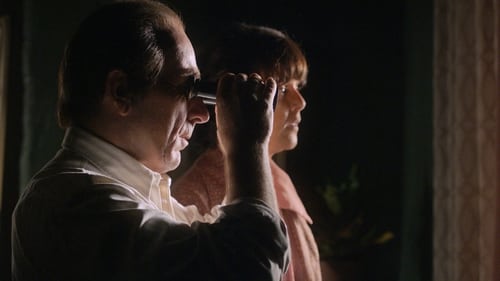
A small village in Huelva, Andalusia, Spain, 1936. Higinio and Rosa have been married only for a few months when the Civil War breaks out. Higinio, being afraid of possible reprisals from the rebel faction, decides to use a hole dug in his own house as a temporary hideout.

A Democratic political consultant helps a retired Marine colonel run for mayor in a small, conservative Wisconsin town.
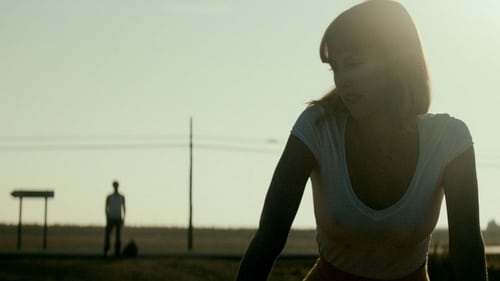
Jesús, a middle-aged man, finds out that he suffers from a venereal disease. Feeling guilty, he abandons his pregnant wife and flees to the countryside. In Pozoamargo, a small village lost in the middle of nowhere, he works as a grape harvester, living a simple existence, until he meets Gloria, a peculiar young woman.

Filmmaker Angelo Madsen Minax returns to his rural Michigan hometown following the death of his infant niece and the subsequent arrest of his brother-in-law as the culprit. Using the audio-visual approaches of essay film, first-person cinema vérité, staged actions, and decades of home movies, Madsen navigates a town steeped in opioid addiction, economic depression, and religious fervor, while using the act of filmmaking to rebuild familial bonds and reimagine justice. Posing empathy as a tool for creating a more just world, North By Current does not seek to investigate a crime, but creates a relentless portrait of an enduring pastoral family, poised to reframe and reimagine narratives about incarceration, addiction, trans embodiment, and ruralness.

He has everything that the destiny wanted and that he has been able to expand: fertile lands as far as the eye can see, cattle, exceptional wines and cigars matured in the long voyages of the boats coming directly from the Caribbean, more precisely from Cuba. He enjoys all this in his rich rural house, with his wife and two children, whom he very much likes, but which sometimes interrupt him to enjoy these pleasures. The disenchantment of the passionate routine always reminds him of the fabled memories of a moment in the past when, unexpectedly, he discovered in a handmaiden the surprising elevation of passion. Until the harlot appears to her at the Estate, untouched by the past fifteen years, purer than before and, even in her eyes, rejuvenated. But married, to a dangerous man.
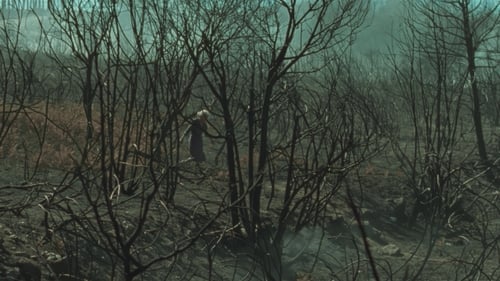
When Amador Coro gets out of prison for having provoked a fire, nobody is waiting for him. He returns to his home town, a small village hidden in the mountains of rural Galicia, to live with his elder mother, Benedicta, and three cows. Life goes on calmly, following the rhythm of the nature. Until the night when a fire devastates the region.
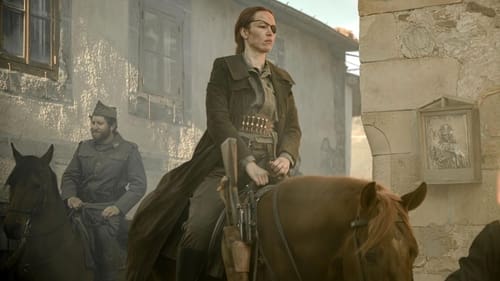
Northern Spain, October 1944. Several groups of guerrilla fighters, former Republican soldiers exiled in France after the end of the Spanish Civil War, infiltrate the country in order to provoke a popular uprising against General Franco's dictatorship.
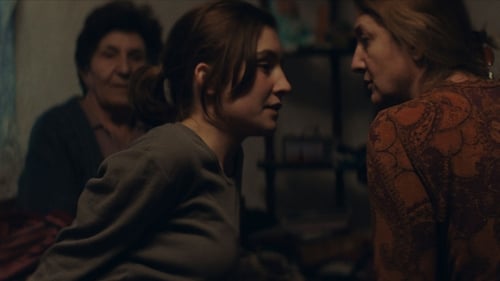
Living in a crowded, multi-generational household in a small village in Kosovo, the quiet teenager Venera can rarely find privacy. However, when she befriends the rebellious Dorina, a new, liberating world opens up to her. Slowly, Venera begins to push against her conservative family’s expectations.

The discovery of the tomb of William Tell’s son in a town in the Basque Country spurs the village's cantankerous citizens to lobby for Swiss annexation.
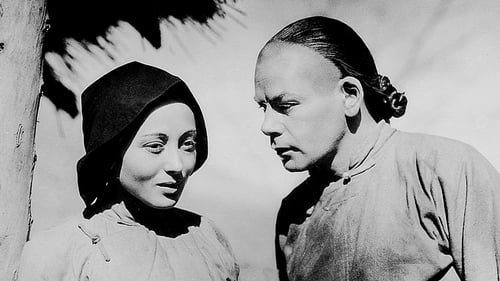
China, during the rule of the Qing Dynasty. The arranged marriage between Wang Lung, a humble farmer, and O-Lan, a domestic slave, will endure the many hardships of life over the years; but the temptations of a fragile prosperity will endanger their love and the survival of their entire family.
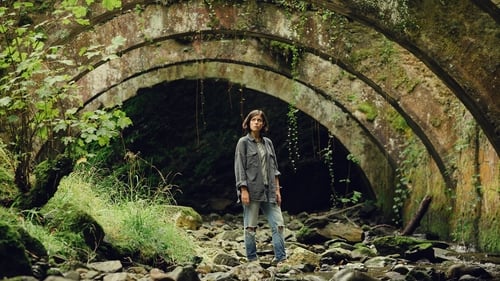
Navarra, Spain. Alba has just turned thirty and is about to enjoy a weekend with her boyfriend and her friends in an isolated country house, but soon she will notice that this particular weekend is not at all like any other that she has lived before.
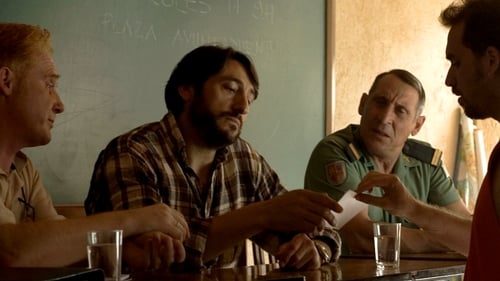
Two speleologists, Esteban and Pedro, travel to a mountainous area located in northern Spain, near a small village, to study a newly discovered cave and determine if it is of scientific interest, while Gabi, Esteban's wife, awaits their return on a lonely road at the foot of the mountain.

In 1864, the Spanish poet Gustavo Adolfo Bécquer (1836-70), suffering from health problems, retires to the monastery of Veruela. Far from the noise and worldly activity of the capital, he immerses himself in the landscape of the mysterious Moncayo mountain. There, he discovers a new world full of legends that converge in a small village located at the foot of the mountain: Trasmoz, the Village of the Witches, the only officially cursed village in Spain.

Alentejo, Portugal, 1950. In a desolate region, where the wind seems to speak, where misery and hunger reign over poorest, a desperate man takes his revenge on those who caused his ruin during the darkest night, unable to get honestly the bread needed to feed his family in the daylight.
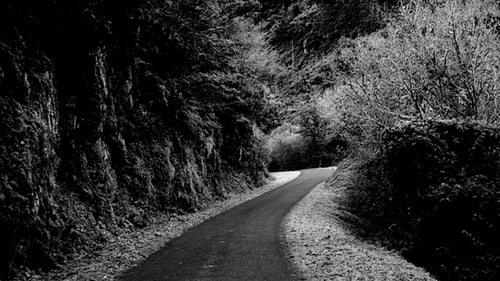
Province of Lugo, Galicia, Spain. A year in the life of A Fonsagrada, a rural region whose inhabitants live both near and far from urban civilization; a praise of the distance that crosses the four seasons of the year, whose inevitable passage transforms both the natural environment and the existence of people, a simple, dignified and peaceful existence.

A poetic journey through the paths and places of old Castile that were traveled and visited by the melancholic knight Don Quixote of La Mancha and his judicious squire Sancho Panza, the immortal characters of Miguel de Cervantes, which offers a candid depiction of rural life in Spain in the early 1930s and illustrates the first sentence of the first article of the Spanish Constitution of 1931, which proclaims that Spain is a democratic republic of workers of all kind.
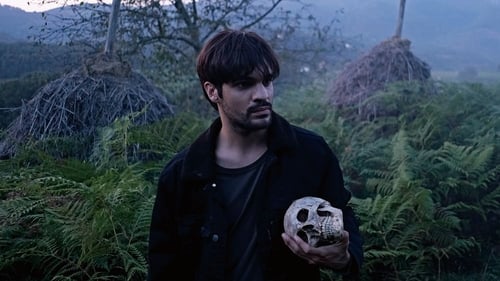
Human bones are found at the Garizmendi farmhouse. Farmers Fermin and Karmen call their son Nestor, who reports the matter to the authorities. But, when the agents turn up, the bones are gone. Suddenly, the bell on the nearby chapel begins to peal. This bad omen announces the coming of tragic events and reopens old wounds within the family and those around it.
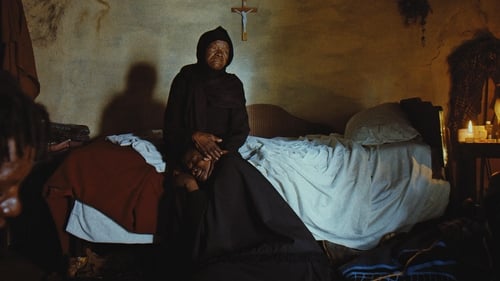
In a small village surrounded by mountains somewhere in Lesotho, the 80-year-old widow Mantoa waits for the return of her only surviving relative: her son, who works in a South African coal mine. It is Christmas and he would come home. Messengers, however, bring the sad news: her son died in a mining accident.

Following a violent earthquake in the Lazio hinterland, Sebastiano is forced to go for a short stay in the large house of his aunt Lavinia and his cousin Milo, in full knowledge of himself. Coexistence will lead the two to relive past experiences, in a hostile and provincial reality.



















